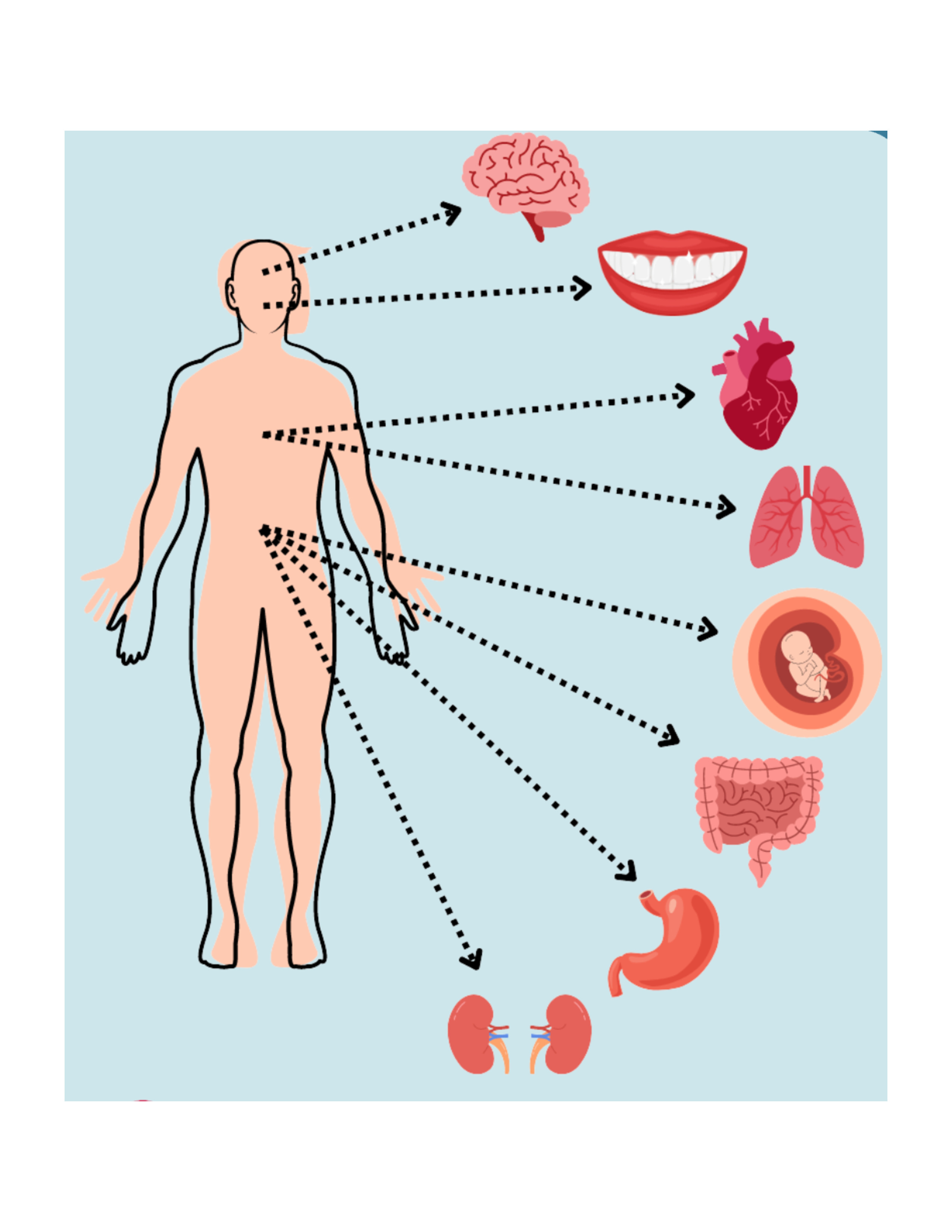The Oral-Systemic Link: How Oral Health Affects Overall Health

You might associate a healthy mouth with a beautiful smile--but oral health goes far beyond appearances. Research increasingly shows that the condition of your teeth and gums can influence the health of your entire body. This relationship is known as the oral-systemic link.
How the Mouth Connects to the Body
Your mouth is home to hundreds of types of bacteria. While many are harmless, poor oral hygiene can allow harmful bacteria to thrive. These bacteria, especially those involved in gum disease (gingivitis or periodontitis), can enter the bloodstream through inflamed gums and spread throughout the body, causing inflammation and contributing to various health issues. Inflammation is central to this connection. Gum disease triggers chronic, low-grade inflammation, which can lead to or worsen systemic conditions. Additionally, your mouth contains its own microbiome--an ecosystem of microbes that can support or compromise your health, depending on its balance.
Health Conditions Linked to Oral Health
1. Cardiovascular Disease: Studies show that individuals with gum disease have a higher risk of heart disease, strokes, and arterial plaque buildup. Bacteria and inflammatory chemicals from the mouth may contribute to artery blockages.
2. Diabetes: This relationship goes both ways. Diabetes makes it harder to fight oral infections, while gum disease makes blood sugar levels harder to control. Managing both conditions together is crucial.
3. Respiratory Infections: Bacteria from the mouth can be inhaled into the lungs, leading to
infections like pneumonia, especially in older adults or those with weakened immune systems.
4. Rheumatoid Arthritis and Alzheimer's Disease: Emerging studies suggest oral bacteria may trigger or worsen systemic inflammation involved in these conditions.
5. Kidney Disease: Chronic inflammation from gum disease may impair kidney function over time.
6. Pregnancy Complications: Hormonal shifts during pregnancy can increase the risk of gum
disease, which in turn may affect pregnancy outcomes.
The Underlying Science
- Bacteremia: Inflamed gums allow bacteria to enter the bloodstream, travel to other organs, and potentially cause harm.
- Inflammatory Pathways: Gum disease produces cytokines--chemicals that circulate and contribute to inflammation in other parts of the body.
- Immune Response: Ongoing oral infections can strain the immune system, leading to
dysregulation and chronic inflammation.
Taking Control of Your Health
Preventive care is key. Simple daily habits like brushing twice a day with fluoride toothpaste, flossing daily, and maintaining a balanced diet can help control harmful bacteria. Regular dental checkups allow for early detection and treatment of gum disease and other issues before they affect your overall health.
The Takeaway
The oral-systemic link is real--and it matters. Taking care of your mouth isn't just about avoiding
cavities; it's a foundational part of maintaining total body health. A healthy smile may truly be a
reflection of a healthier you.